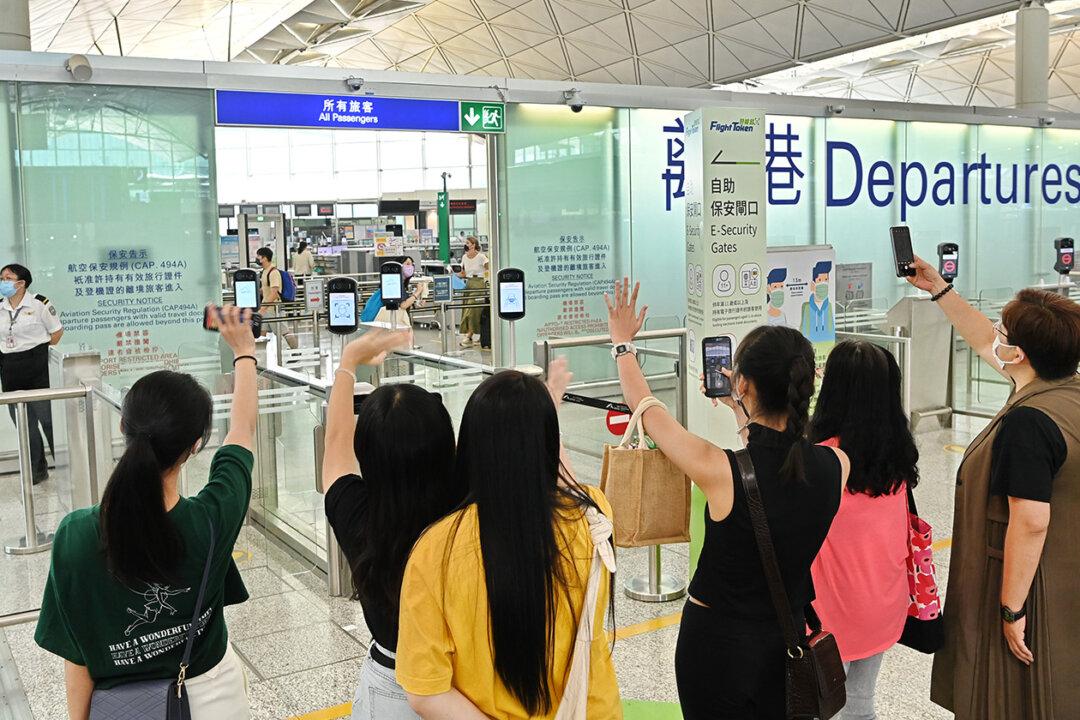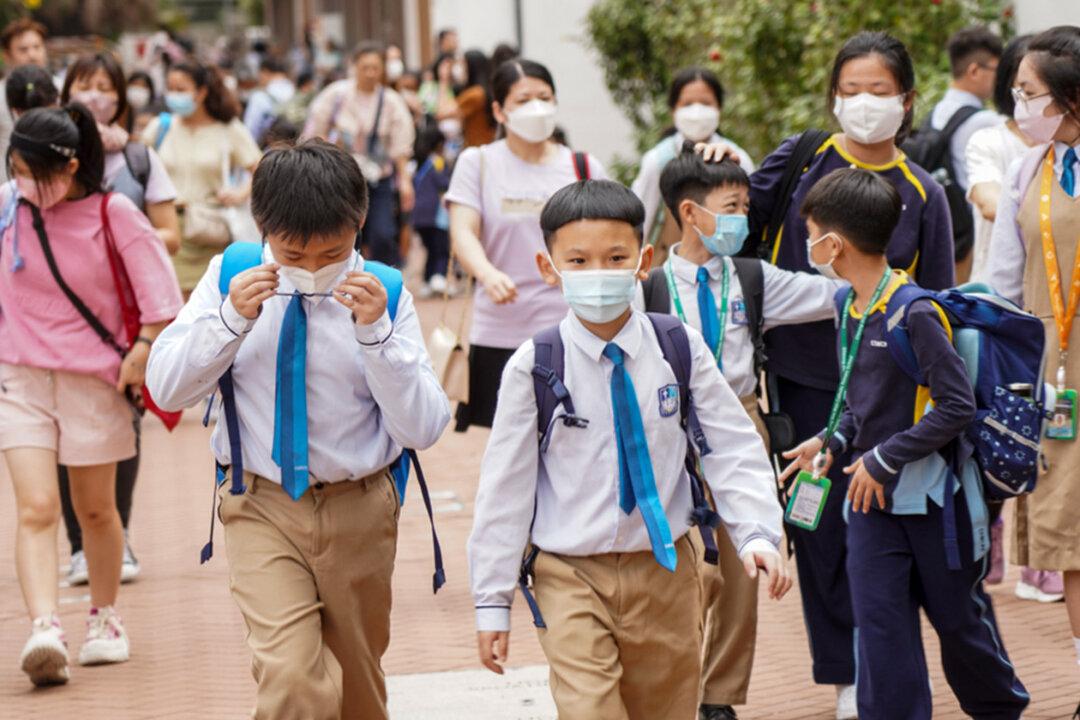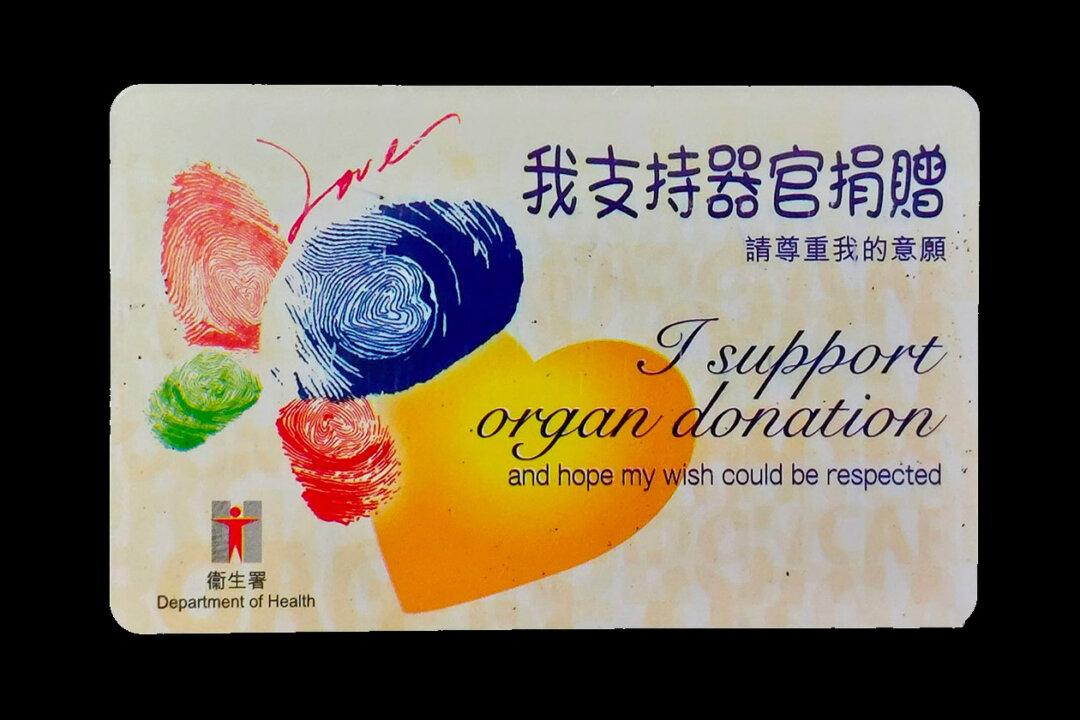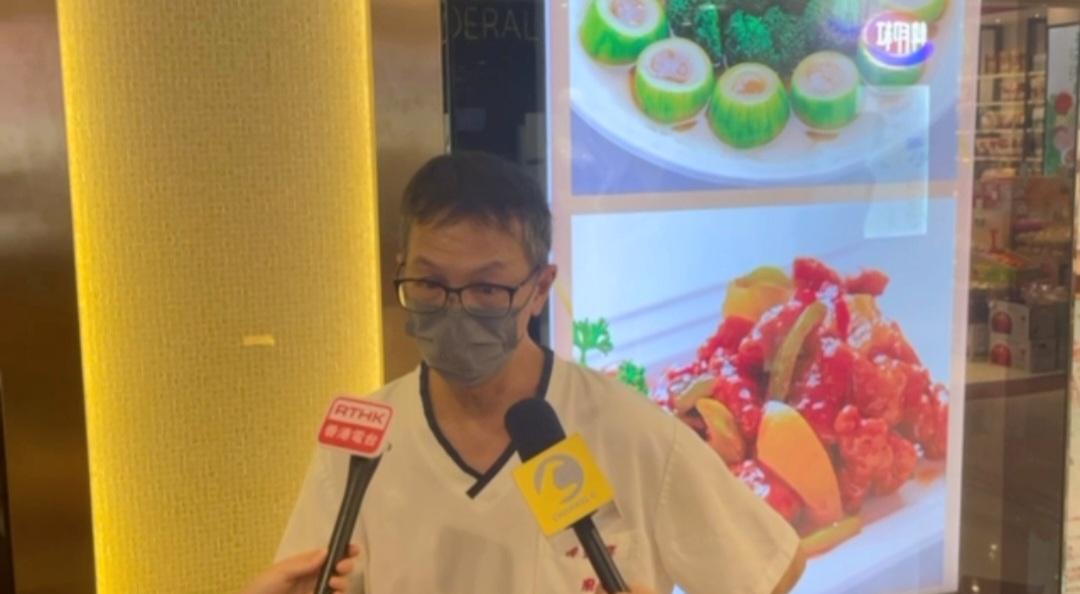Established in May, The Overseas Hong Kong Media Professionals Association (AOHKMP), held a two-day seminar on June 11 and June 12 in London, England on “Rebuilding Hong Kong Civil Society Overseas.”
Shi Shan, an Epoch Times, Hong Kong political commentator, arrived in London early. Shi was invited by Joseph Lian Yizheng, the former editor-in-chief of Hong Kong Economics Journal, to undertake an exclusive interview/discussion to give Hongkongers a sneak preview of the event. Lian explained the purpose and significance of the event, while discussing the inheritance and development of Hong Kong culture overseas. He particularly focused on the importance of revitalizing the “Yellow Economics Circle.” Yellow Economic Circle means businesses that were supporters of the democratic movement during the protests in 2019.



